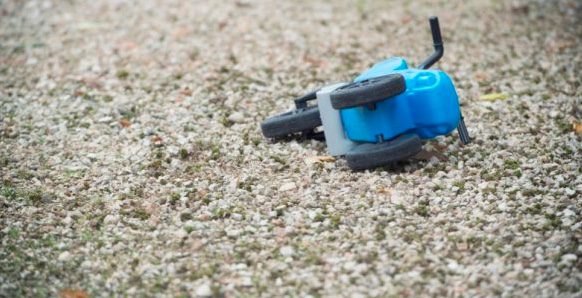
Fraud, illegal adoptions, and orphan trafficking: a reckoning for South Korea’s overseas adoption
Kyung-ha was six years old when she was allegedly kidnapped while playing near her home in Seoul, South Korea. A woman she didn’t know told her that her mother no longer wanted her and then took her on a train ride. At the final stop, the woman abandoned her. Eventually, police found Kyung-ha and placed her in an orphanage. Not long after, she was flown to the US and adopted by a couple. As reported by the BBC, it would be more than four decades before Kyung-ha saw her mother again.
Today, Kyung-ha’s mother, Han Tae-soon, is suing the South Korean government for failing to stop her daughter’s adoption. She is one of hundreds who have come forward in recent years alleging that the country’s overseas adoption program is rife with fraud, illegal adoptions, and orphan trafficking.
“Mass transportation of children like cargo”
South Korea’s overseas adoption program began in the 1950s as a solution to the 100,000 children orphaned and displaced after the Korean War. It was run almost entirely by private adoption agencies, with government oversight. But over time, legal changes gave these agencies even greater authority, leading to a sharp increase in children sent abroad in the 1970s and 1980s.
With little regulation, Korean agencies charged large sums, demanded hidden fees, and falsified documents. Like Kyung-ha, some of the children may have been taken through corrupt means. Some were homeless or found unattended, while others were taken from families who had been told their child had died.
Han Boon-young, co-founder of an overseas adoptee rights group said:
“We are victims of state violence but there is no trace of this—literally. This lack of documents must not make us victims for the second time…This is a human rights issue. There were kidnappings, falsified documents—all of which were examples of violations committed during the inter-country adoption process”
Most of the demand came from Western countries. A report from the Truth and Reconciliation Commission described the system as the “mass transportation of children like cargo,” and alleges that neglect during these long flights sometimes led to children’s deaths.
